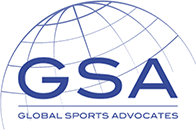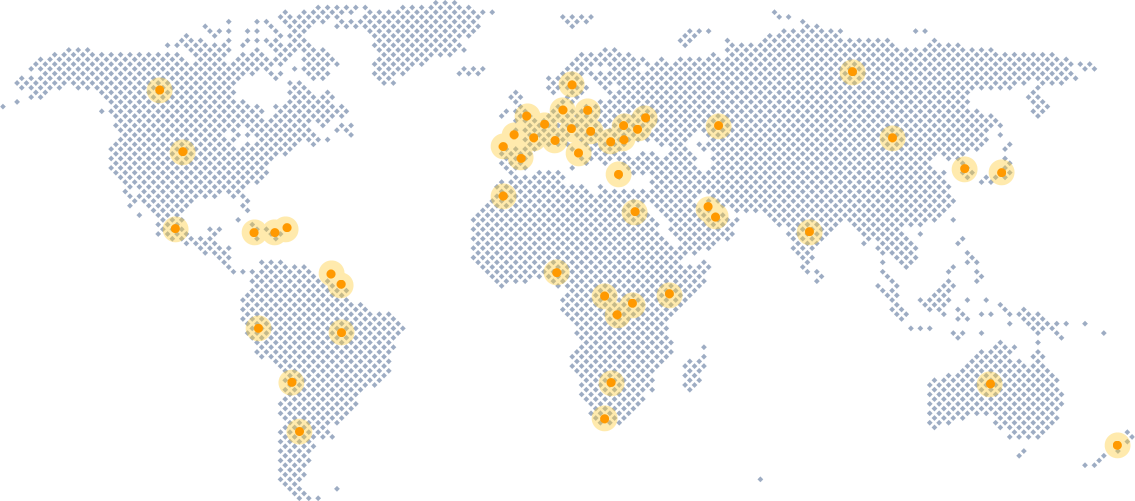
You’ve just signed with a major club, and suddenly brands are reaching out with endorsement opportunities. The income potential is exciting—but then you discover that FIFA, your league, and your club all have rules about what you can and cannot do with your image. The contracts are filled with legal terms you don’t fully understand, and you’re worried about accidentally violating regulations that could affect your career.
This situation is more common than you might think. Player image rights are regulated at multiple levels. The experienced sports law attorneys at Global Sports Advocates help professional footballers navigate these issues to ensure they can pursue sponsorships and partnerships without jeopardizing their careers.
FIFA Tournament Regulations and Image Rights Restrictions
FIFA’s control over image rights applies primarily during its competitions, such as the FIFA World Cup. During these tournaments, players are bound by participation agreements that place their personal commercial activity under strict limits. Key points include:
- FIFA has exclusive media and marketing rights. FIFA holds all media and commercial rights for its tournaments. Players cannot independently authorize commercial use of their image during competition periods without FIFA’s approval.
- Media exclusion zones. Players are prohibited from engaging in unauthorized promotional activity or commercial appearances within designated tournament zones. Breaches can result in disciplinary measures, including fines and loss of media privileges.
- Mandatory official duties. Players must take part in official FIFA media activities—press conferences, interviews, and promotional events. They cannot decline these obligations to protect personal commercial interests.
- No endorsements during competition without permission. Players cannot use their World Cup participation to endorse products or services without explicit authorization. Even social media content must avoid implying an official FIFA connection via unauthorized use of logos and other forms of FIFA intellectual property.
Commercial Partnerships and Sponsor Conflicts
Outside of tournaments, a player’s club and league contracts govern image rights. During FIFA events, however, players must also consider conflicts with FIFA’s official sponsors:
- Sponsor exclusivity. FIFA maintains a roster of official partners (e.g., Adidas, Coca-Cola). Promoting a direct competitor during tournament windows is prohibited.
- Prohibitions on ambush marketing. FIFA strictly bans any attempt to create an unofficial association between non-sponsor brands and its competitions. Even timing campaigns around FIFA tournaments can raise red flags if they appear to exploit the event.
- Balancing club and national duties. Many clubs and national teams also have their own sponsor agreements. Players must ensure their personal endorsements don’t conflict with these obligations.
Guidelines for Social Media Use
FIFA recognizes social media as an important outlet for players, but sets rules for permissible use during its competitions:
- Distinction from official content. Posts must clearly be personal and not suggest FIFA endorsement of outside brands.
- Behind-the-scenes updates and personal perspectives. This type of player-generated content is encouraged, as long as they respect restrictions on branding and sponsorship conflicts.
- Year-round regulation. Once outside FIFA competitions, clubs and leagues typically regulate social media activity under their own image rights agreements.
The Value of Skilled Legal Representation
At Global Sports Advocates, we understand the challenges footballers face in navigating image rights, sponsorships, and endorsement opportunities. Our attorneys can provide advice on how to comply with FIFA tournament regulations, league policies, and club contracts. We break down complex legal terms into clear, actionable advice so you know exactly what opportunities you can pursue—and which could put you at risk of sanctions or conflicts with existing agreements. Whether you’re signing your first endorsement deal or managing long-standing partnerships, our goal is to protect your career while ensuring you don’t leave valuable opportunities on the table.

